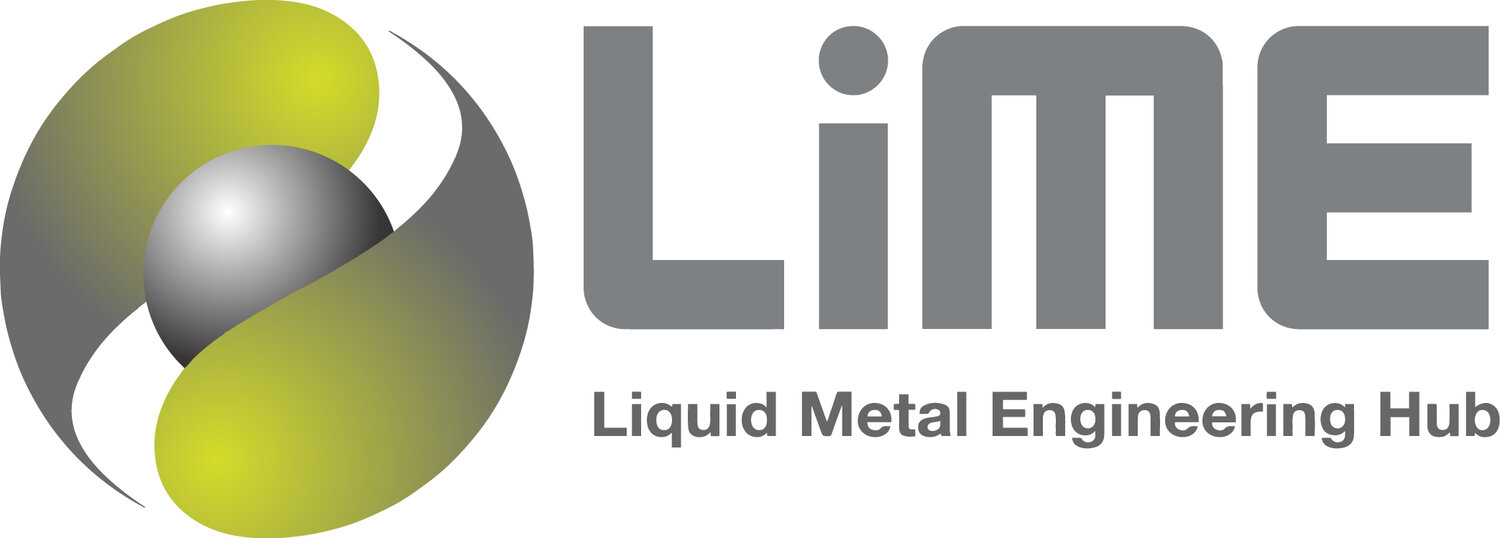Synergetic effect of surface-active metallic additions on structure modification in aluminium alloys
Applications are invited for a full-time EPSRC Industrial CASE (iCASE) PhD studentship for the project “Synergetic effect of surface-active metallic additions on structure modification in aluminium alloys” at Brunel Centre for Advanced Solidification Technology (BCAST), Brunel University London starting from the 1st October 2021. BCAST is an internationally-recognised research centre for innovative and leading-edge research in the field of solidification and metal processing of light alloys. It hosts the National Centre of excellence in liquid metal engineering (Future Manufacturing LiME Research Hub), CircularMetal Hub, the national scale-up facilities in liquid metal engineering (Advanced Metal Casting Centre, AMCC) and light metal processing (Advanced Metal Processing Centre, AMPC). The project is sponsored by Constellium, a global leading manufacturer of high-quality advanced aluminium products and systems. Successful applicants will receive an annual stipend of £21,000 and payment of their full time Home tuition fees for 4 years (48 months).
In this project we will develop an alternative way of controlling the growth morphology of primary and secondary phases based on the control of the surface energy by small additions of surface-active alloying elements. The scientific novelty of the project will be in the informed selection of additions based on advanced thermodynamic modelling and physico-chemical analysis; studying the mechanisms of structure control in Al alloys by surface-active metallic additions; and optimisation of their addition for specific purposes (primary, intermetallic, eutectic modification). Most advanced characterisation techniques including scanning and transmission electron microscopy will be used. The practical outcome of the project will be in developing new or modified wrought primary and/or recycled Al alloys for automotive industry. In the final stage of the project, pilot-scale casting of selected alloys will be performed followed by extrusion and mechanical testing.
The project will be part of the activities of the Constellium University Technology Centre (UTC) established with BCAST. You will be interacting daily with researchers in BCAST and with Constellium’s industrial research engineers. An industrial supervisor of the project will be appointed by Constellium. In this close collaboration lies the foundation for your promising career path to industry or academia.
Informal enquiries should be directed to Professor Dmitry Eskin at dmitry.eskin@brunel.ac.uk; tel: 01895 265317
Eligibility
This scholarship is only available for UK nationals, UK residents with indefinite leave to remain/settled status.
Note that applications from ineligible candidates will not be considered or responded to.
You should have or expect to receive by the beginning of this PhD study a first degree (BSc) at 2:1 or above in a suitable engineering and science discipline, e.g. metallurgy, materials science, mechanical engineering, chemical engineering, chemistry, physics, etc. A MSc level qualification is desirable.
A strong background in physical metallurgy, materials science or chemistry is essential and experience in microstructural characterisation and phase analysis is desirable.
How to Apply
Please email the following to dmitry.eskin@brunel.ac.uk and cedps-pgr-office@brunel.ac.uk by the 31st of July 2021:
• Your up-to-date CV.
• Your single A4 statement on why would you like to do this project and why do you believe you qualify to do so.
• Copies of your degree(s) certificates(s) and transcripts.
• Evidence of your UK residency.
• Evidence of your English language capability to IELTS 6.5 or equivalent, if you received your education not in a recognised English-speaking country/university.
• Names and contact info of two academic referees.
Meet the Supervisor: Prof Dmitry Eskin
Professor Dmitry Eskin (1963) joined Brunel University and BCAST in January 2011. He received his Engineering and PhD degrees in Russia and worked in Russian Academy of Sciences (1988–1999). Since 1999, he was a Fellow in Materials innovation institute and since 2008 also an Associate Professor in Delft University of Technology (The Netherlands). He also holds positions of Guest Professor at Tomsk State University (Russia), Editor of Journal of Alloys and Compounds, Subject Editor of JOM, Editorial Board member of Ultrasonics Sonochemistry, and Series Editor at CRC Press. Prof. Eskin is a well-known specialist in physical metallurgy and solidification processing of light alloys, author and co-author of more than 300 scientific papers, 5 patents and 7 monographs. Current interests include fundamentals of continuous casting, effects of external fields (incl. ultrasound) on solidification, and composite materials. Prof. Eskin is a recipient of Warren Peterson Cast Shop Technology for Aluminum Production Award (2011, 2013), Aluminum Technology Award (2013) from TMS (USA) and Medeleev Medal (2018) from Tomsk State University (Russia).
Recent projects:
Physical processing of molten light alloys under the influence of external Fields (Exomet, FP7)
Development of a degassing system for aluminium casting processing based on ultrasound (Ultragassing, FP7)
Degassing machine for aluminium casting process based on ultrasound (Doshormat, FP7)
Fundamental study of cavitation melt processing: opening the way to treating large volumes (UltraMelt, EPSRC)
Development of efficient and scalable ultrasound-assisted solidification technologies for manufacturing advanced metallic alloys (Ultra-Cast, EPSRC)
Upscaling environment-friendly cavitation melt treatment (UltraMelt2, EPSRC)
Sustainable and industrially scalable ultrasonic liquid phase exfoliation technologies for manufacturing 2D advanced functional materials (EcoUltra2D)
